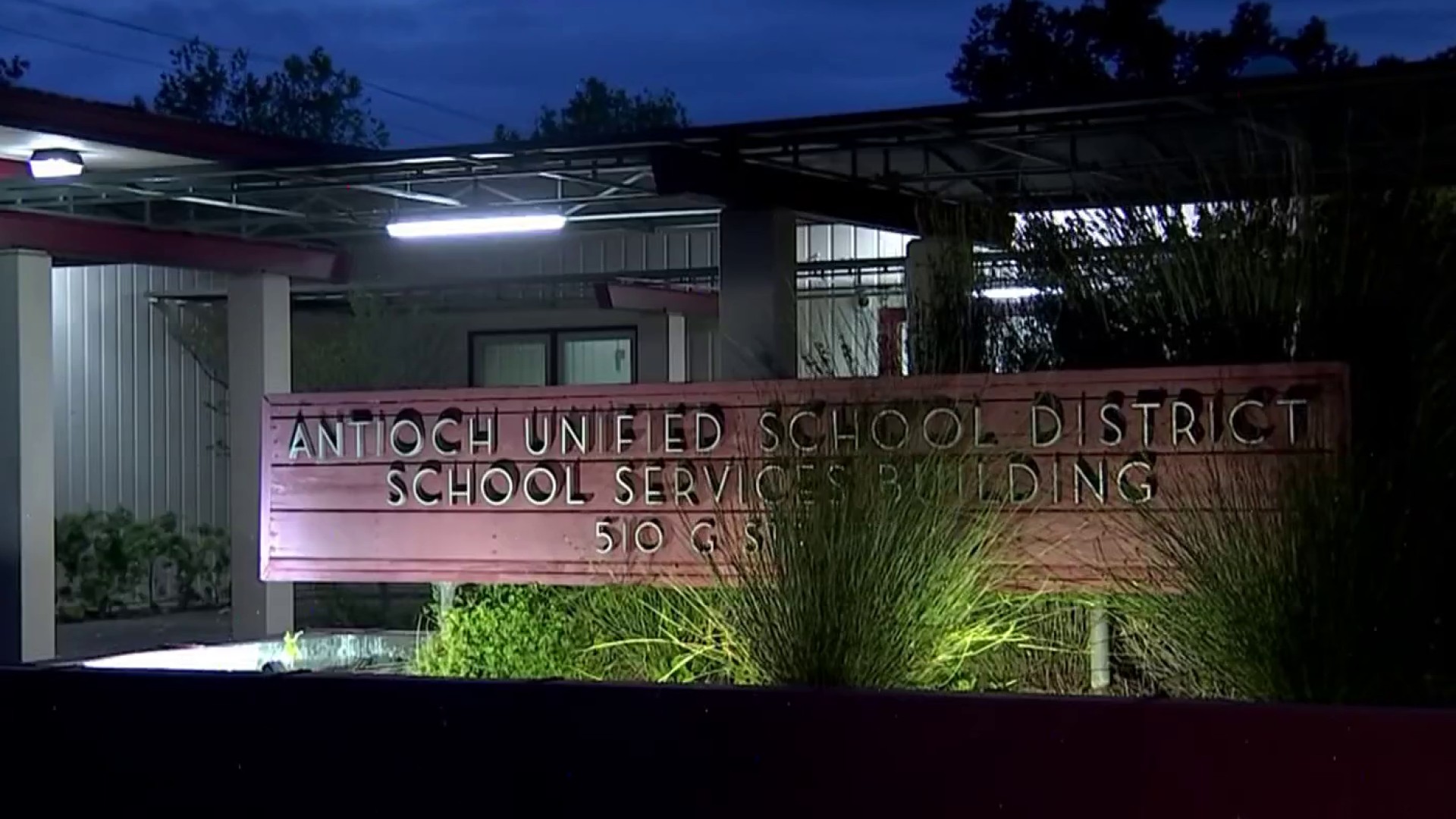A federal appeals court ruled in San Francisco on Thursday that most of three California laws aimed at protecting residents from federal immigration enforcement can remain in place.
The 9th U.S. Circuit Court of Appeals upheld most of a lower court decision that rejected a bid by the administration of President Donald Trump for a preliminary injunction blocking the measures, sometimes known as sanctuary laws.
A three-judge panel said California had the authority to enact two of the laws and most of the third law. The state passed the statutes in 2017.
A key law upheld by the panel, Senate Bill 54, entitled the California Values Act, bars local officials from informing federal officials about immigrants' release dates from jail except in serious criminal cases.
The court said SB 54 is constitutional under a doctrine defined by the U.S. Supreme Court, known as the anti-commandeering rule, which provides that the U.S. government can't commandeer state and local resources to enforce federal law.
Circuit Judge Milan Smith wrote in the ruling, "SB 54 may well frustrate the federal government's immigration enforcement efforts.
"However, whatever the wisdom of the underlying policy adopted by California, that frustration is permissible, because California has the right, pursuant to the anti-commandeering rule, to refrain from assisting with federal efforts," Smith wrote for the court.
Local
The appeals court also left in place a provision of Assembly Bill 450 that requires employers to let workers know when their business has received a three-day notice of an immigration inspection of employee records.
The court approved part of a third law, Assembly Bill 103, that directs the California attorney general to inspect the county jails and private facilities in which the U.S. Department of Homeland Security holds undocumented immigrants during civil immigration proceedings.
But the appeals court said there should be a preliminary injunction blocking a part of AB 103 that requires the state attorney general to look into the circumstances of the apprehension and transfer of immigration detainees.
The panel sent the case back to the court of U.S. District Judge John Mendez in Sacramento for further proceedings.
The U.S. Department of Justice sued California over the laws last year, claiming the measures were "a deliberate effort by California to obstruct the United States' enforcement of federal immigration law."
The government appealed after Mendez declined to grant a preliminary injunction blocking most provisions of the laws.



